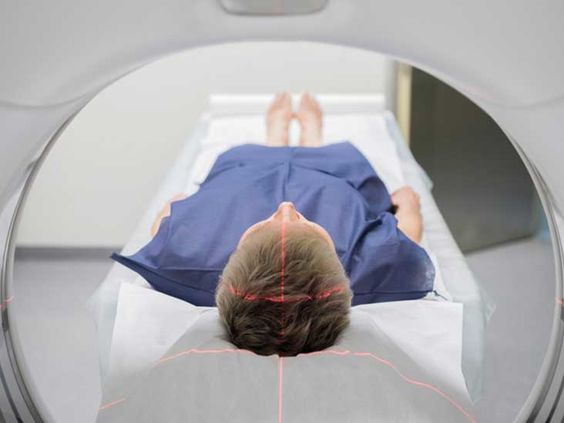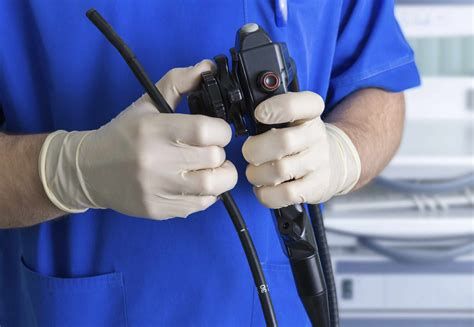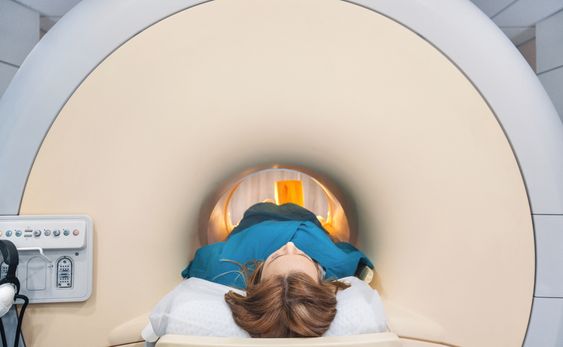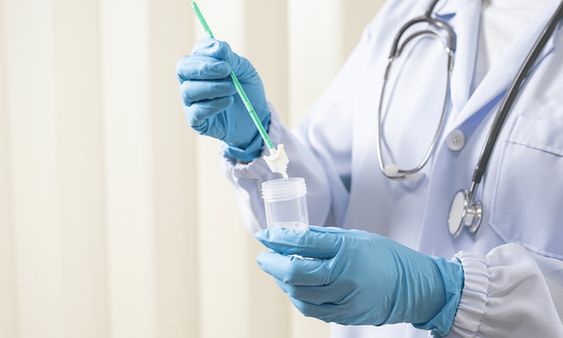Introduction
A positron emission tomography (PET) scan is an imaging test that helps reveal how your tissues and organs are functioning. This technique uses a radioactive drug (tracer) to show this activity. The tracer is injected into a vein in your arm, and its movement is tracked by the PET scanner. The tracer collects in areas of higher chemical activity, which often correspond to areas of disease. This allows your doctor to see problems at the cellular level, giving them a better understanding of how your organs and tissues are working.

PET scans are used to diagnose a variety of conditions, including cancer, heart disease, and brain disorders. They can also be used to monitor the effectiveness of treatment and to check for cancer recurrence.
How Does a PET Scan Work?
Before the scan, you will be injected with a small amount of radioactive tracer. The tracer travels through your bloodstream and collects in areas of higher chemical activity.
You will then lie down on a table that slides into the PET scanner, a large, donut-shaped machine. The scanner detects the signals from the tracer, and a computer creates images of the activity in your body.
The areas of higher chemical activity will show up as bright spots on the images. This information can help your doctor diagnose a variety of conditions.
What are the Benefits of a PET Scan?
PET scans offer a unique way to assess the function of your body's organs and tissues at a cellular level. This makes them valuable for diagnosing a wide range of conditions, including:
- Cancer: PET scans can detect cancer cells, even in the early stages. They can also be used to determine the stage of cancer and to monitor the effectiveness of treatment.
- Heart Disease: PET scans can help diagnose coronary artery disease and assess heart damage after a heart attack.
- Brain Disorders: PET scans can be used to diagnose Alzheimer's disease, Parkinson's disease, and other neurological conditions.
What are the Risks of a PET Scan?
PET scans are generally safe. The amount of radiation you are exposed to during a PET scan is low and not considered harmful for most people. However, there are some potential risks, including:
- Allergic reaction: Some people may be allergic to the radioactive tracer.
- Injection site pain: You may experience some pain or discomfort at the injection site.
PET scans are not recommended for pregnant women or women who are breastfeeding, as the radiation could harm the baby.
Conclusion
PET scans are a valuable tool for diagnosing a variety of conditions. They are generally safe and provide detailed information about the function of your body's organs and tissues. If your doctor recommends a PET scan, discuss any concerns you have about the procedure.





